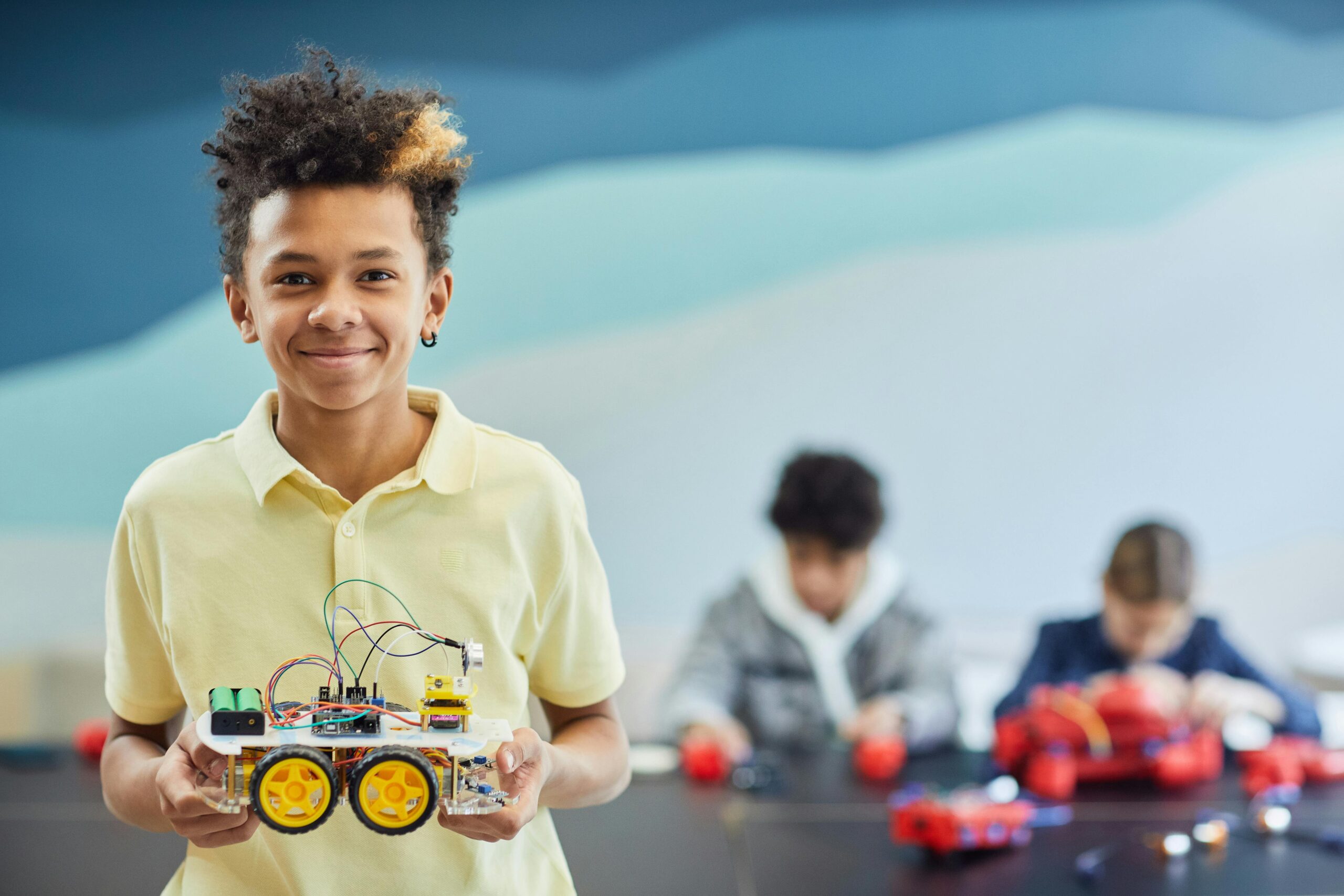In an age where outdated lectures and rote memorization are no lengthier enough to concoct students for the real world, project based learning (PBL) has appeared as a transformative instructional approach. Rather than inactively absorbing information, students developed active members in their education by working on expressive, real-world projects that call critical thinking, teamwork, creativity, and communiqué.
This enlightening model fosters deeper empathetic and allows learners to apply their information in authentic frameworks. Whether it’s designing a justifiable garden, construction a business plan, or evaluating antique conflicts, project based learning cheers students to sightsee, inquire, and transform.
In this article, we’ll investigate into the core elements of project based knowledge, its welfares, challenges, application strategies, and frequently asked queries—all while presentation how it’s reshaping contemporary education.

What is Project Constructed Knowledge?
Project based learning is a student-centered pedagogy in which students learn by vigorously attractive in real-life and personally expressive projects. Rather than simply being told what to absorb, students are posed a complex enquiry or experiment and must investigate, study, and ultimately present a explanation.
Key features of PBL comprise:
Heavy Question: Each project begins with a stimulating, open-ended question that encourages examination.
Inquiry and Novelty: Students conduct investigation and use critical thoughtful to explore and resolve problems.
Student Speech and Choice: Learners have regulator over various aspects of their projects, boosting inspiration and engagement.
Replication: Students assess their education process and outcomes, plateful them assume knowledge and grow.
Public Creation: Projects typically culminate in performances or tangible products shared with a real spectators.
Benefits of Project Grounded Learning
Project based education has several advantages that make it a influential tool in both primary and secondary education, as well as higher education.
Profounder Learning
Students involved in PBL often accomplish a deeper sympathetic of subject matter because they apply what they learn in expressive ways. The hands-on nature of projects encourages long-term retention of thoughts.
Skill Growth
PBL develops indispensable 21st-century skills such as:
Critical rational
Collaboration
Communication
Creativity
Problem-solving
These are highly valued in the modern workforce.
Increased Engagement
Since students are resolving real problems that they care about, appointment and incentive are characteristically higher in PBL classrooms. It makes knowledge more relevant and exhilarating.
Real-World Submission
By assimilating knowledge from various topics, students see how punishments like discipline, math, and social educations connect to everyday life and future careers.
Better-quality Collaboration
PBL often involves cooperation, which helps students build social-emotional skills, exchange roles, and manage battles.
How to Instrument Project Based Erudition in the Classroom
Presenting project based erudition into the curriculum doesn’t have to be irresistible. Here are some key steps to get started:
Define Erudition Goals
Ensure the project aligns with your prospectus standards and clearly describe what you want students to acquire.
Design a Pouring Question
Create a convincing question that requires investigation, critical thinking, and imaginative problem-solving. For example:
“How can we decrease plastic waste in our school?”
“What answers can help our communal during a flood?”
Plan the Development
Break down the project into slighter tasks and signposts. Provide students with rubrics, timelines, and valuation criteria.
Facilitate Investigation and Exploration
Guide students as they gather material from books, meetings, surveys, and digital possessions. Allow room for research and repetition.
Monitor Development and Provide Response
Conduct regular check-ins and offer formative response to ensure students are on path and learning effectively.
Cabinet the Final Creation
Inspire students to present their findings or formations to peers, parents, or communal members. Public sharing reinforces learning and arrogance in achievement.
Examples of Project Based Scholarship Activities
Here are some real-world PBL specimens used across grade levels:
Straightforward: Generating a class cookbook with family recipes, exploring nutrition, math, and culture.
Central School: Scheming a maintainable city using 3D models and assimilating science, technology, and geography.
In height School: Construction a business startup project to learn about finances, marketing, and invention design.
University: Showing a research project to solve a local ecological issue.
Challenges in Project Founded Learning
While PBL has much welfare, it also comes with some challenges teachers should prepare for:
Time-Intensive Preparation
Creating expressive projects requires careful planning and groundwork, especially for first-time implementers.
Assessment Problems
Assessing collaborative and creative work can be complex. By rubrics and thoughtful journals can help.
Management Group Dynamics
Team projects can occasionally lead to uneven participation. Transfer roles and having regular group assessments can mitigate this issue.
Resource Boundaries
Access to resources, technology, or community experts can limit plan scope, especially in underfunded schools.
Frequently Asked Questions (FAQs)
What themes can be taught using project based erudition?
PBL is highly multipurpose and can be applied across questions, including discipline, math, literature, communal studies, and the arts. It’s particularly operative in interdisciplinary learning.
Is project founded learning only for collection work?
Not unavoidably. While partnership is a core feature, students can also work separately on projects based on their interests and knowledge goals.
How development is based learning assessed?
Assessment in PBL includes:
Headings for evaluating final products
Self-assessment and peer evaluations
Teacher observations
Process periodicals or learning logs
Presentations and Q&A assemblies
What’s the alteration between projects based erudition and doing a project?
PBL is not just assigning a project at the end of a unit. It’s an entire method to teaching where the project is the knowledge, not an add-on.
Can project based erudition work in online or hybrid classrooms?
Yes. With the help of alphanumeric tools (Google Docs, Trello, Flipgrid, etc.), PBL can be adapted to remote or mixture environments successfully.
Conclusion
In a rapidly altering world, students need more than classic knowledge to prosper—they need the ability to think critically, solve complex difficulties, and communicate their ideas successfully. Project based learning offers an attractive, dynamic approach to teaching that meets these demands. By manufacture learning expressive and rooted in real-world submission, PBL prepares students not just for tests, but for lifetime.
Teachers, schools, and representatives who hold this powerful education are training the next cohort with the tools they need to prosper in college, careers, and outside.
If you haven’t tried project based learning yet, now’s the time to reconsideration teaching and explore its lasting welfares.
Also Read More: Formative Assessment A Transformative Tool for Enhancing Student Learning and Instruction



